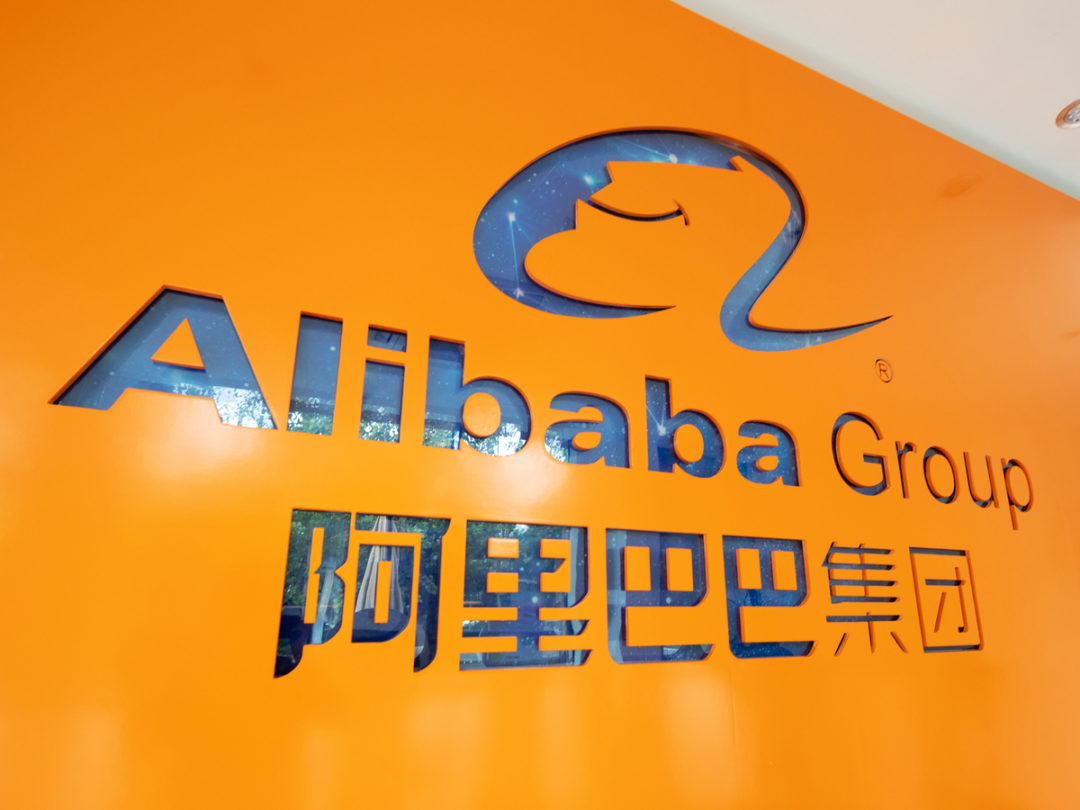
Alibaba is already the world’s largest e-commerce and retailing company. But it’s looking to make an even bigger splash in North America, with a new initiative aimed at small business-to-business sellers.
Alibaba oversees huge business-to-consumer (B2C) and consumer-to-consumer (C2C) platforms in China, but has mostly stayed out of those markets in North America. Not so in the B2B sector, where the company is making a big play for American business sellers.
Alibaba.com is inviting U.S. manufacturers, wholesalers and brands to join its platform “to sell to the world,” says John Caplan, head of North American B2B with Alibaba Group. It’s offering a number of tools that enable “full functionality,” including customer relationship management (CRM), an enhanced request for quotation (RFQ) feature, and expanded transaction capabilities. In addition, a real-time translation feature allows buyers and sellers to communicate in their own language. In the process, Caplan says, sellers gain access to some 5 million daily online business buyers around the world.
“Historically, we’ve had a very lightweight tool that didn’t have the full suite of capabilities,” he says. “It was apples and oranges.”
The company is seeking to duplicate its China B2B selling model in North America. While the U.S. is the company’s largest market in terms of demand, Alibaba has a presence in 190 countries, Caplan notes. The new offering is intended in part to open up opportunities for American small businesses to market their wares as if they were multinationals.
“If you’re a manufacturer in Wisconsin and make bike locks for shops in the U.S., you can now join the platform and sell to online retailers and wholesalers around the globe,” Caplan says, likening the Alibaba program to a “digital trade show.”
Alibaba is pursuing an enormous opportunity. Caplan estimates the global market for B2B e-commerce at $23.9 billion, six times larger than the B2C sector. Yet 70% of small businesses do no business digitally, restricting sales to within 50 miles of their offices, he says.
Alibaba makes money on the initiative by charging sellers a membership fee to join the platform. In addition, they can buy advertising to boost traffic or develop new leads for their storefront. Alibaba doesn’t take a commission on the orders that sellers generate.
“You own your customers, and you own your margin,” Caplan says. “We are a true marketplace, not a retailer pretending to be a marketplace.”
Alibaba serves as the link between seller and buyer, while integrating with independent providers of order-fulfillment services such as generating shipping labels and delivering the goods. Unlike rival Amazon.com, Alibaba.com doesn’t operate a network of warehouses or fleets of trucks and planes.
Enabling B2B sales is a far more complex proposition than B2C. The latter provides set product listings and prices, with easy checkout and payment features. B2B commerce, by contrast, isn’t so standardized. It requires negotiation, extensive communications and the building of trust to establish long-term relationships between buyer and seller. The average B2B order on the Alibaba platform is a pallet or container’s worth of product, versus under $35 for a typical B2C transaction.
The platform provides B2B sellers with a pipeline to “quality demand,” eliminating the frustration that sellers experience when they travel to distant trade shows and end up with no productive leads. “You can sit at your desk, receive and filter inbound inquiries from around the globe, and determine which kinds of customers are meaningful,” Caplan says.
Once the buyer and seller engage, they enter into a digital contract that’s built into the platform. Alibaba offers a feature called Trade Assurance, which acts as a cross-border escrow account, holding funds until the buyer has validated the order.
Caplan says Alibaba is looking to expand into the U.S. with a set of inspections and certifications that it currently offers in China. The feature allows the prospective buyer to view sales histories, countries to which the seller has shipped, and customer reviews.
The operation overseen by Caplan is but a small part of the family of companies that make up the giant Alibaba Group, accounting for just 2% of its total revenues. Nevertheless, he says, the site plays host to billions of dollars worth of sales in a single month. “We’re the largest B2B e-commerce platform in the world.”







